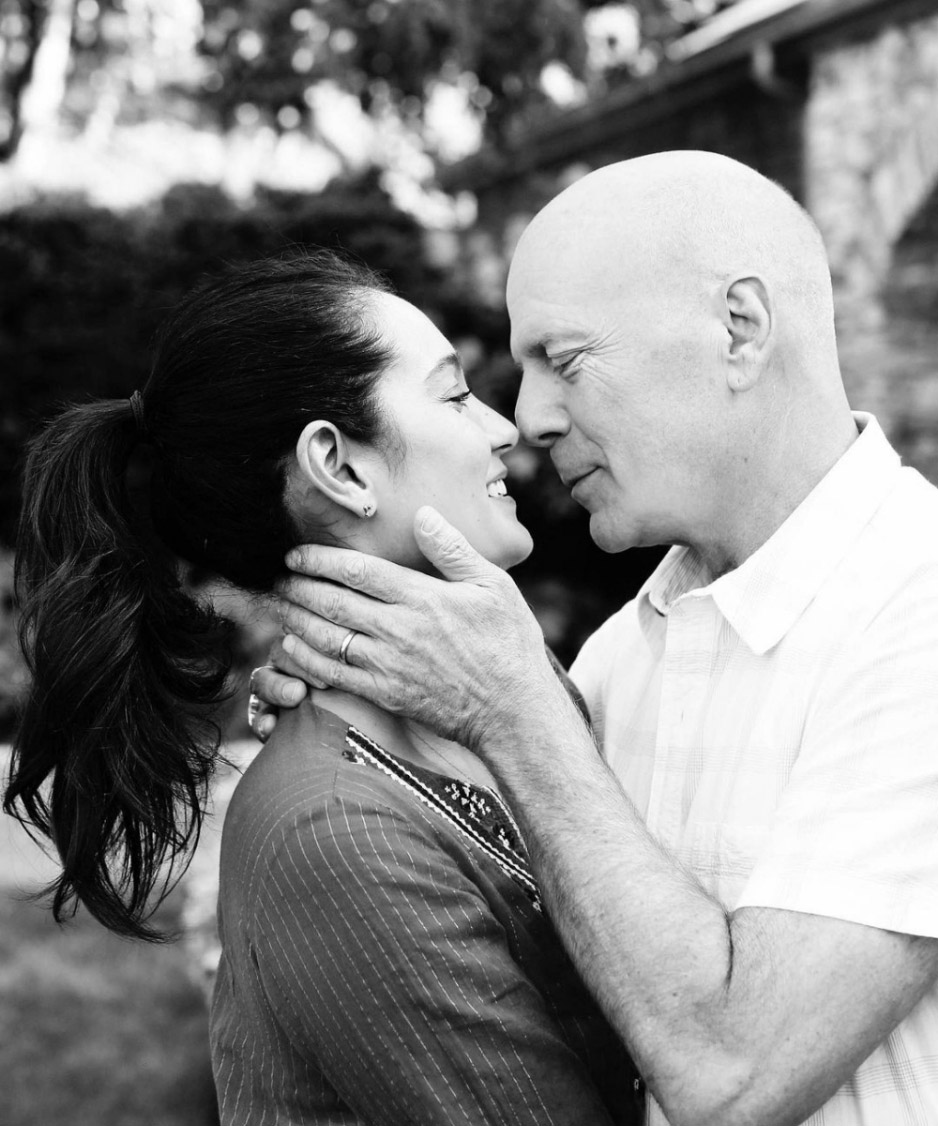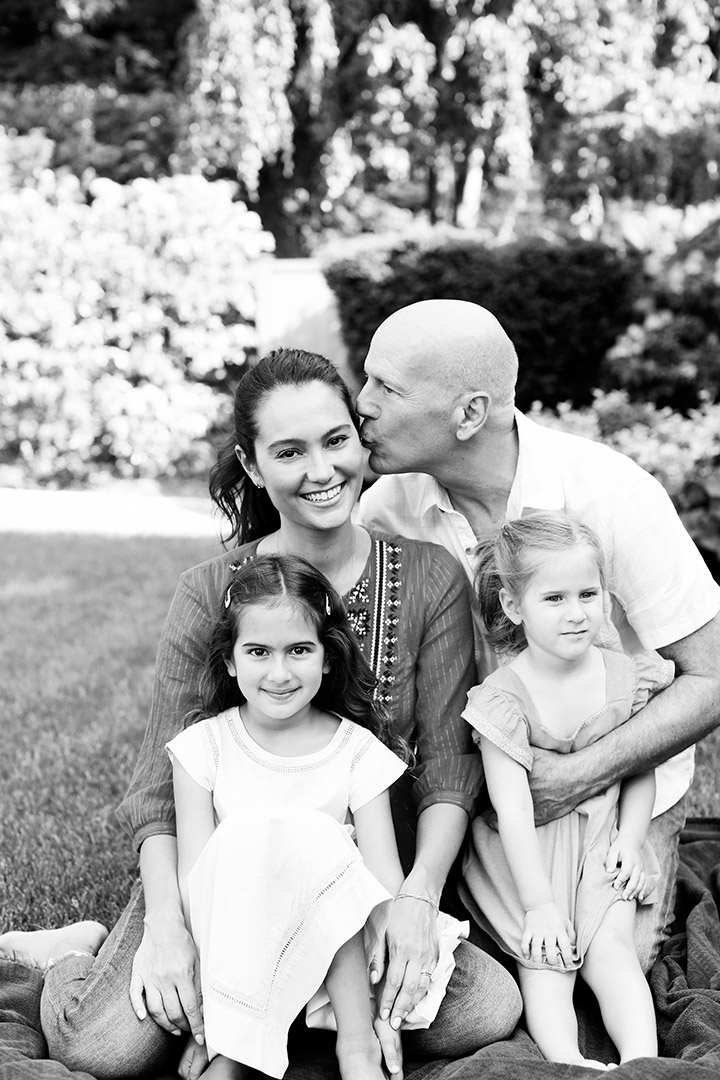
The Care Partner in Your Corner
When we first received my husband Bruce’s FTD diagnosis, I didn’t have anyone in my life to say “I’ve been there.” I felt isolated, overwhelmed, and uncertain of what to do next. Finding connection and building community with others who had been in my shoes changed everything for me, and my aim is to offer that lifeline to infinitely more care partners.
Once I opened up to other people about my journey, I saw my experiences, ones that had felt so singular, reflected in their stories. They became shared and universal. Understanding that our journeys as care partners are more alike than we may feel has brought me comfort and confidence. I believe that when we share our own stories, in all their vulnerability, we offer reassurance, challenge stigmas, and inspire deeper connection.
If you are navigating the trauma of a loved one’s diagnosis, may I say: This journey is so much more than darkness and despair. By carving out a homebase for caregivers and those affected by FTD, or any dementia diagnosis, I’m hopeful that this space can offer a sense of comfort, support, and hope as we care for our loved ones — and ourselves.
I’ve been there. I see you, and you are not alone.

Stay Connected
I invite you to take what you need — honest stories, gentle encouragement, helpful insights, or just a moment to feel seen and understood.

The Diagnosis that
Changed Everything
In 2022, my husband was diagnosed with Frontotemporal Dementia (FTD), a brain disorder caused by degeneration of the frontal and/or temporal lobes of the brain. This widely unknown and overlooked disease is actually the most common form of dementia for people under 60, and although it is frequently misdiagnosed as Alzheimer’s, it does not affect memory.

When was the last time someone spoke to you about your brain?
Leave the World
a Little Better
Bruce has always believed in using his voice to raise awareness about important issues. For us, it’s important to advocate on behalf of those families who don’t have the time, energy, or resources to advocate for themselves.
Awareness inspires action and creates change. By bringing attention to FTD, together we can reframe negative stigmas, support our care partners, and ultimately push toward a treatment and cure. There is a role for everyone to play.


